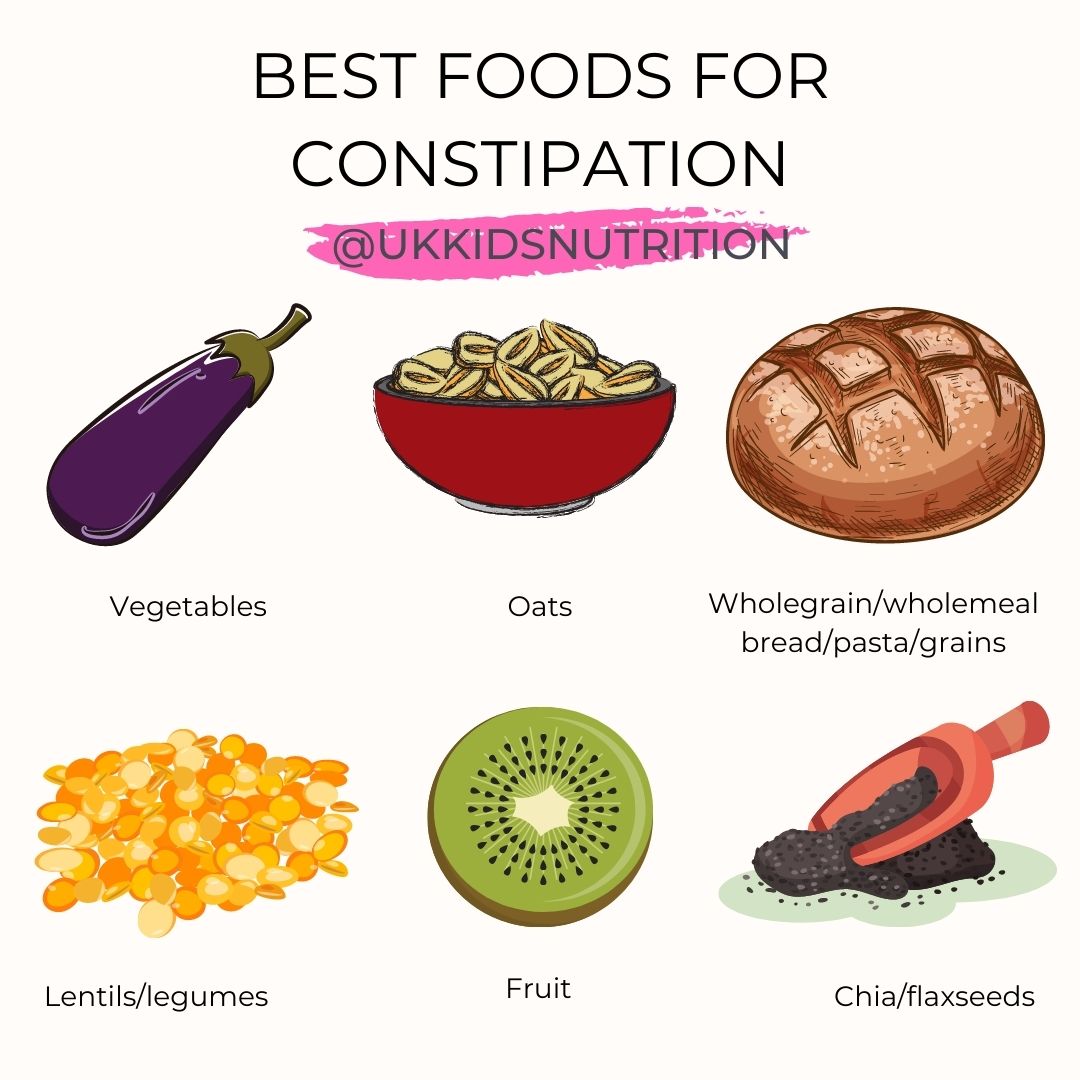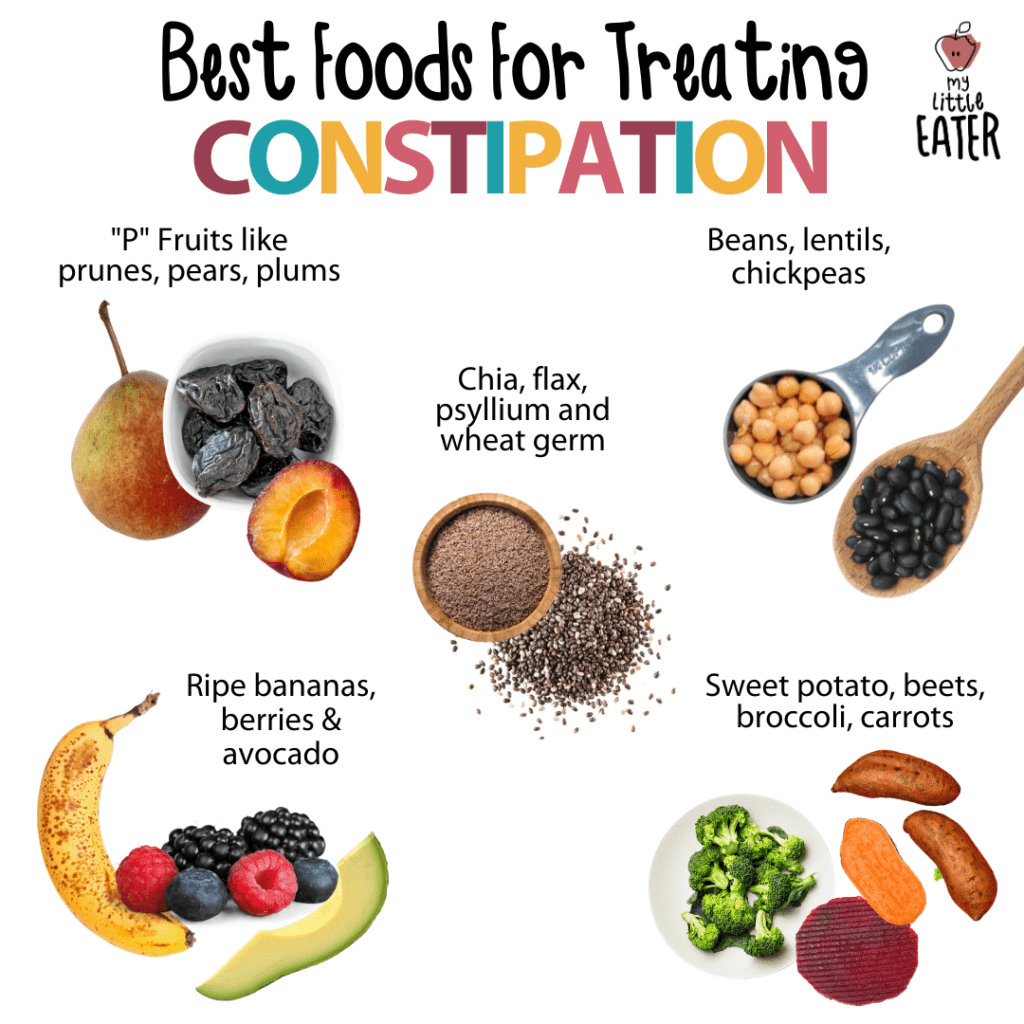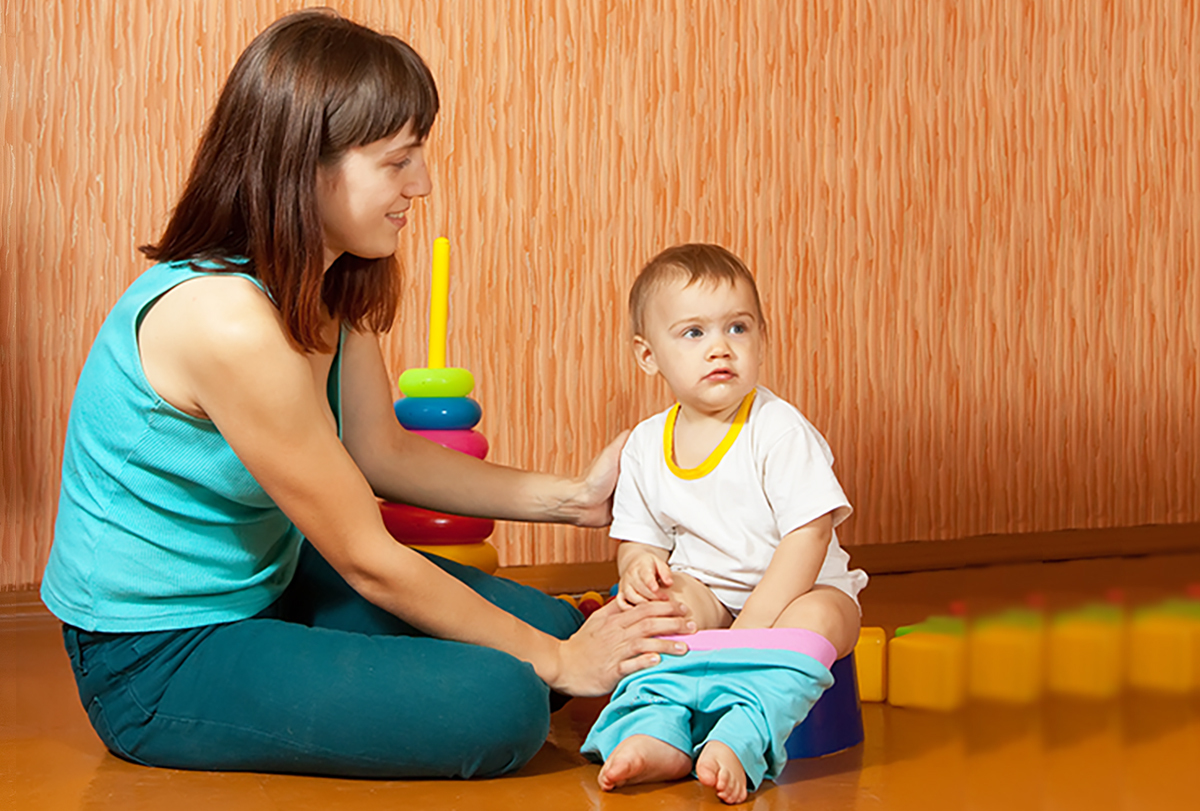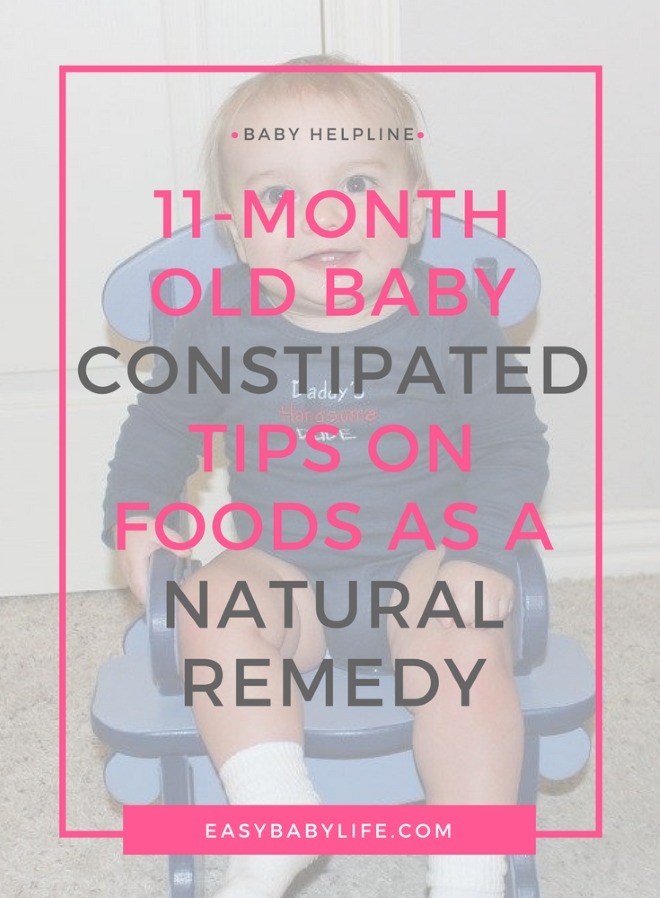Glory Tips About How To Prevent Constipation In Babies

Now imagine being a baby, toddler, or young child with.
How to prevent constipation in babies. If your baby is struggling, it's been a few days since his or her last bowel movement, and dietary changes haven't been effective, it might help to place an infant glycerin suppository into your baby's anus. It’s easier to get poop out in a squat posture than lying flat. How can i treat constipation?
If you’ve been constipated as an adult, you know how uncomfortable it can be. What is constipation in infants? Try bending your baby’s knees toward their chest.
Make sure you are making up the formula powder with the correct amount of water. Some babies with constipation may cry or have trouble. For an older baby, you can consider a dietary change.
You may be asked to bring her in to be examined. You can try some of these treatments at home. Your doctor may recommend different medicines to treat constipation if changes to your baby's diet are not helpful.
Ask your health visitor or the chemist for advice on treatment. If home treatment is not. Give your baby a warm bath to relax their bowel.
For many babies, a simple home remedy or two is all you’ll need to relieve constipation. Constipation is common in childhood, particularly when children are being potty trained at around 2 to 3 years old. Constipation generally resolves with changes in diet or behavior or sometimes with medicine.
Consider switching to oatmeal or barley cereal if your baby show signs of constipation. Just as with adults, constipation. Constipation generally resolves with changes in diet or behavior or sometimes with medicine.
They are eating enough fiber if they are. You can try some of these treatments at home. The infant drinks enough fluids;
How to help your constipated baby. What causes constipation in babies? Most of the time, your.
A parent or caregiver can help prevent an infant from having constipation by ensuring: Treating your baby's constipation. If your child is straining while making a bowel movement, this may be a sign of constipation.















/mother-comforting-newborn-daughter-in-bassinet-159627460-5c472ef846e0fb0001ce9ec0.jpg)
![How To Get Rid Of Constipation At Home [25 Home Remedies] Top 20 Remedies ! Home Remedies For](https://top20remedies.com/wp-content/uploads/2018/05/Untitled-design-3-1068x1115.png)

